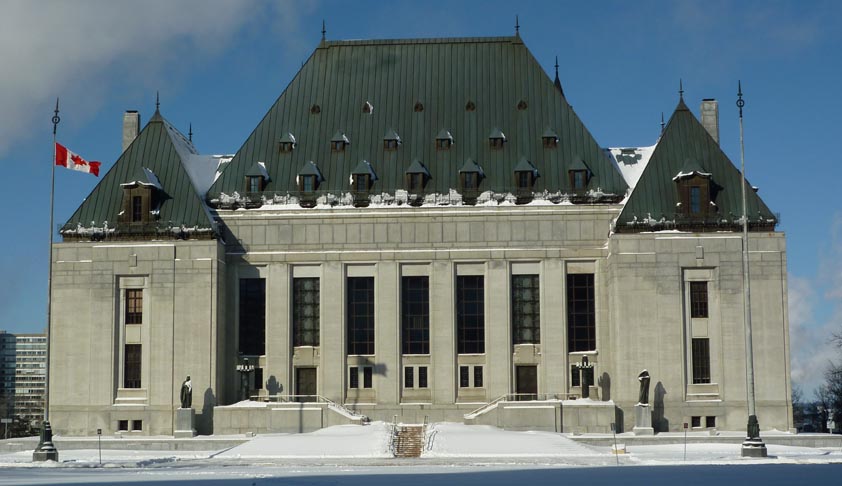New process for appointment of SC judges introduced in Canada: Read how it's different from India's NJAC
Ashok KM
8 Aug 2016 9:54 AM IST

Next Story
8 Aug 2016 9:54 AM IST
For the first time, any qualified Canadian lawyer or judge may apply for appointment to the Supreme Court of Canada. Now any qualified Canadian lawyer or judge may apply for appointment as Judge of the Supreme Court of Canada, thanks to landmark reform introduced by the Canadian Government. The Prime Minister of Canada last week, has announced a new process for appointing Supreme Court of...
